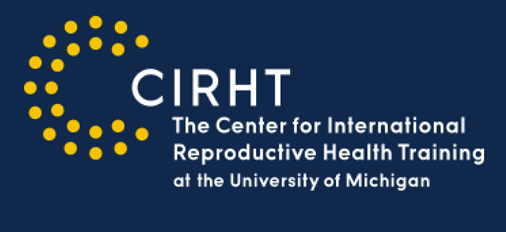Speaker
Description
Background: To tackle the issue of insufficient information and services related to reproductive health services, Rwanda, like many other low and middle-income countries, has established Youth Friendly Health Services Centers (YFHS) dedicated to providing reproductive health services to adolescents and young people. However, these centers are not meeting the adolescents’ needs. Moreover, being an illiterate adolescent may pose a double burden, yet there is a paucity of studies investigating the hurdles faced by illiterate adolescents when seeking sexual and reproductive health services,
Methods: This study assessed ASRH accessibility and utilization in YFHS among illiterate adolescents in Rwanda. This is a mixed-method participatory study design. One hundred fifty illiterate adolescents were recruited conveniently. A checklist was used to observe the 16 YFHS. Two focus group discussions moderated by the selected trained illiterate adolescents were conducted.
Results: The respondents' average age was 19.5 years. The proportion of YFHS utilization was 25.3%. In the multivariate regression analysis, five outcomes remained significant to utilize YFHS: ever heard about YFHS (AOR = 6.32; 95%CI = 2.07 -19.27, having ASRH information (AOR = 8.99; 95CI = 1.43-56.77), having information about any family planning (AOR = 19.00; 95CI = 1.52-236.84), use of any type of contraceptives (AOR = 4.45; 95%CI = 1.34-14.85) and having information on prevention and management (AOR = 24.99; 95CI = 2.76-226.53). Facilitators to access YFHS had information about ASRH, free-of-charge services, and peer educators. The reported barriers included providers’ negative attitudes, internalized stigma, and lack of materials tailored to illiterate adolescents.
Conclusion: The study participants suggested ways to improve the YFHS, such as community awareness, staff training, entertainment and increasing the number of YFHS. The government and its SRH partners must support those influential factors and build on the illiterate adolescents’ recommendations.
Keywords: Sexual and reproductive health, youth friendly services, illiterate adolescents, utilization of reproductive health service, low income countries.


